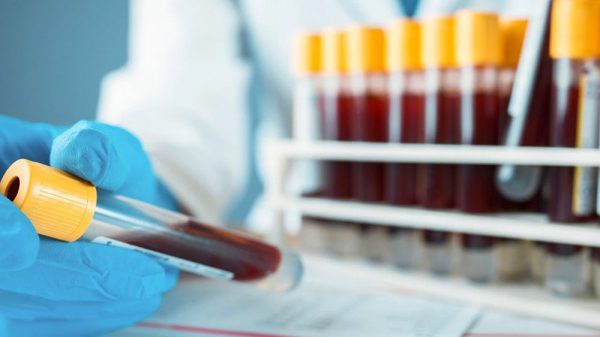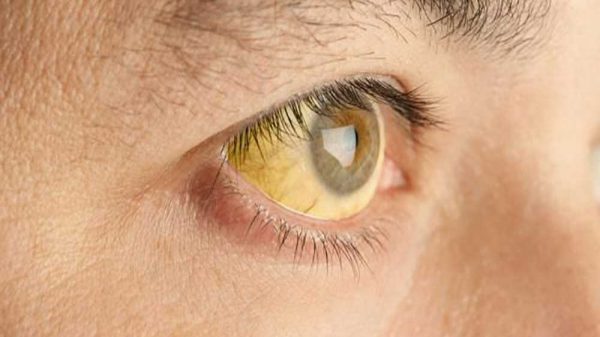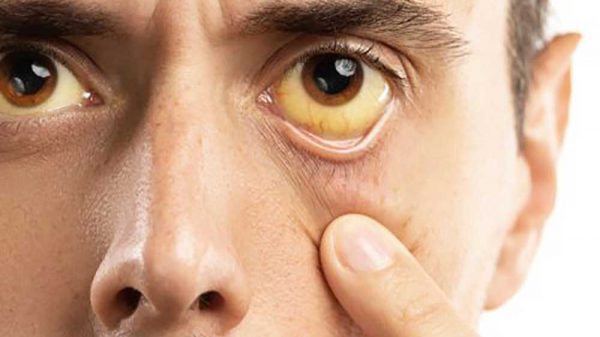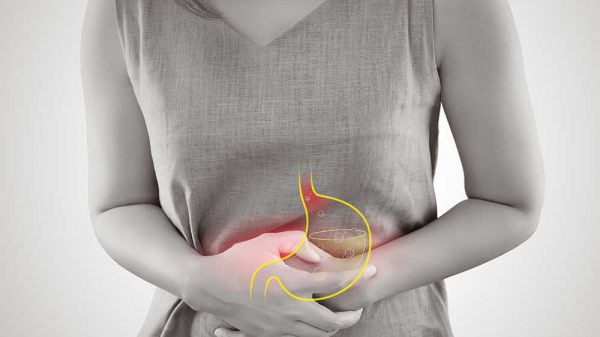Are you wondering about blood test results? One of the main tests is something called aspartate aminotransferase (AST). The human body usually has small amounts of the enzyme. However, there are high amounts in organs like the liver when there’s damage.
AST is also known as the SGOT test. After this test is conducted, it’s important to know high and low ast levels of blood causes. There are different reasons for both types of results. For example, the result can be signs of various health issues including liver disease, your doctor can help to provide information about how to prepare for the test and the meaning of the results.
There are various reasons why doctors would order AST tests. They include patients with liver inflammation or hepatitis strains. The test is a basic one that has few complications. If the test results are within a normal range this shows that the organs are functioning properly. However, abnormal results show that there are possible issues including liver conditions. The doctor can help to explain the meaning of the results so you’ll know whether or not you need treatments for particular health conditions that can include liver disease or other issues.
What’s the AST Test?
That tests an enzyme in the blood known as aspartate aminotransferase (AST). The AST test is done for red blood cells. In most cases, the human body has small levels of AST. However, when organs like the heart and liver have disease or malfunctions this causes higher levels of AST enzymes in the blood. The test is mainly conducted for people with liver disease.
There are various reasons why doctors might order AST tests. For example, people with exposure to people with liver inflammation or hepatitis might require this test. Heavy alcohol drinkers might also require the test due to liver disease/cirrhosis.
People with liver disease in their families might also require the test to determine whether or not they have liver disease. Symptoms that show signs of liver disease including abdominal swelling, dark urine, vomiting, nausea, and yellow skin/eyeballs (jaundice).
The doctor informs the patient of any preparation they must do before the test. For example, a person shouldn’t do workouts on the test day since this could increase AST levels. Another factor is medicines could change the results so your doctor might ask you to avoid taking them before your test.
You should also inform the doctor about any conditions you have that could affect the blood tests. For example, if you’re pregnant it results in low AST levels.
This is a basic blood test that doesn’t have many complications. For example, some people might get a small bruise after the needle is inserted. In some situations, there might be complications like fainting but they’re very rare.
The doctor can provide test results within a couple of days. If there are normal results this shows there isn’t any major damage to the patient’s organs. However, abnormal results could show that there’s a disease and more tests are needed to provide the correct treatment. If you have any questions/concerns you should talk to your doctor before the test.
High/Low AST Levels of Blood Causes
If your test results show abnormal results there are various liver conditions that can cause them. Mild/Moderate increases in liver enzymes are quite common. This is even common among people who are generally healthy. In these cases, AST/ALT results are typically 2x higher than normal limits. One possible cause is something called “hepatic steatosis.”
|There are various causes of fatty liver including obesity and heavy alcohol drinking. There are various tests for fatty liver including CT/MRI tests, blood tests, and liver biopsy.
Another reason AST test results are slightly higher is due to hepatitis. It’s important to get tested if you think there’s a chance you have this condition. There are various tests to check if you have hepatitis A/B/C.
Another cause of somewhat higher AST levels is several medicines. They can cause mild/moderate increases in AST levels. Increases in tests for liver enzymes. This is a reason you should inform your doctor about the medications you’re taking. He/She can determine whether or not they’re causing higher AST levels.
There are also some causes of low AST levels. One of the main ones is pregnancy so this might be the reason why your blood tests show lower than average AST levels.
Another cause of low AST levels is simply good health. The body generally has low levels of AST enzymes so if that’s the result then it could be a sign your organs are functioning properly and there aren’t any issues. However, it’s important to talk to your doctor to explain the results of the test.
Another issue is that AST levels can vary greatly at different times. So you might have normal AST levels but they’re higher based on various factors like exercise and medications. This is why you should follow any guidelines provided by your doctor before the test is conducted.
Tips to Lower AST Levels
1. Make diet changes
This is another way to lower your AST levels. Try consuming a moderate-carb and low-fat diet. This is a good option to help reduce your risk of non-alcoholic fatty liver disease (NAFLD). This is one of the most common causes of having high ALT.
2. Consume folate foods
You can also take folic acid supplements. However, a better option is to consume high-folate foods. As always it’s best to get the nutrient (Vitamin B9) from food. Folate is found naturally in several foods. This isn’t a synthetic version of the vitamin that’s found in supplements.
A 2011 study showed that consuming folic acid daily helped to lower ALT levels. It was combined with medicine. The results were especially true when people had ALT levels higher than 40 units/liter. Normal ranges are 29-33 (IU/L) for men and 19-25 (IU/L) for women.
You can also get folate from certain foods like:
- Beans/Peas
- Spinach
- Beets
- Papaya
- Brussels sprouts
- Kale
- Asparagus
- Bananas
3. Avoid high-calorie sauces
This is for fruits, vegetables, and meats. You should also limit how much salt and sugar you added to the foods. These can all be healthy foods but might boost AST levels with lots of added salt/sugar.
4. Eat fatty fish
Some good options include salmon, sardines, tuna, mackerel, herring, and trout. These are high in omega-3 fatty acids. It’s advisable to eat fish/seafood at least 2x every week.
5. Drink more coffee
If you’re a coffee drinker, this is a good reason to drink another cup. One 2003 study showed that hepatitis C patients who drank coffee daily were 3x more likely to have regular ALT levels versus non-coffee drinkers.
Meanwhile, a 2017 study review showed that drinking up to 4 cups of coffee/day could help to lower ALT levels and also lower chance cancer and liver disease to produce low ast levels of blood causes.























